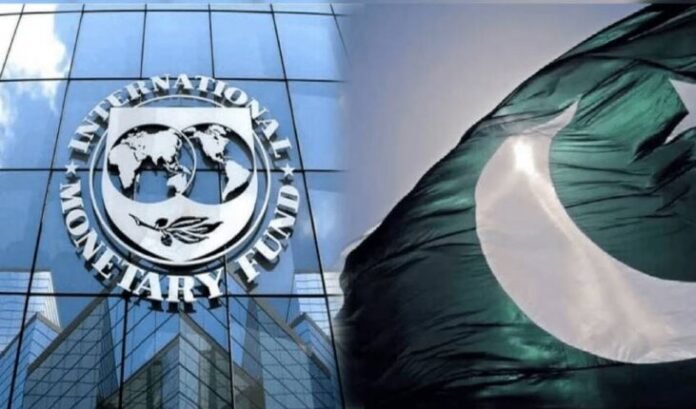Pakistan narrowly missed its annual social spending target set by the International Monetary Fund (IMF), falling short by Rs27 billion on critical health and education allocations.
The IMF had set a ceiling of Rs2.863 trillion for combined federal and provincial spending to improve poor health and education standards. However, actual expenditure stood at Rs2.84 trillion in the last fiscal year, according to official sources.
Despite alarming figures — one in four children out of school and half of grade-five students unable to read grade-two Urdu stories — education remained a low priority for several provinces. Against internal commitments outlined in signed MOUs, total spending was Rs240 billion lower than planned. Sindh, Khyber-Pakhtunkhwa, and Punjab recorded major shortfalls, while the federal government and Balochistan exceeded their targets.
Poor administrative structures and low absorption capacity were cited as key reasons. In May, Pakistani authorities assured the IMF they would work on improving provincial capacity in these sectors.
The IMF report noted that health and education spending has declined since 2018. Although all governments aimed to raise it to 2.4% of GDP, execution lagged behind — especially in Sindh and Khyber-Pakhtunkhwa.
Interestingly, the final quarter saw higher-than-planned spending of Rs937 billion against a target of Rs713 billion, but this late surge could not make up for the earlier shortfalls.
By province, Punjab missed its target by Rs35 billion, spending Rs1.15 trillion. Sindh fell short by Rs153 billion, spending Rs670 billion. Khyber-Pakhtunkhwa missed by Rs55 billion with Rs545 billion spent. Balochistan, however, exceeded its target by Rs25 billion, spending Rs206 billion.
World Bank data paints a troubling picture: 26.1 million children — 38% of the school-age population — remain out of school. Rural areas account for 74% of these, with girls disproportionately affected. Learning outcomes have also deteriorated, with foundational literacy and numeracy levels declining.
Health indicators show some progress, such as increased life expectancy, but Pakistan remains off-track for most 2030 health-related Sustainable Development Goals (SDGs). Polio remains endemic, and maternal and child health improvements are slow.




